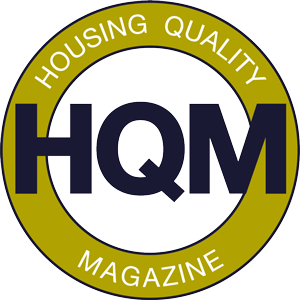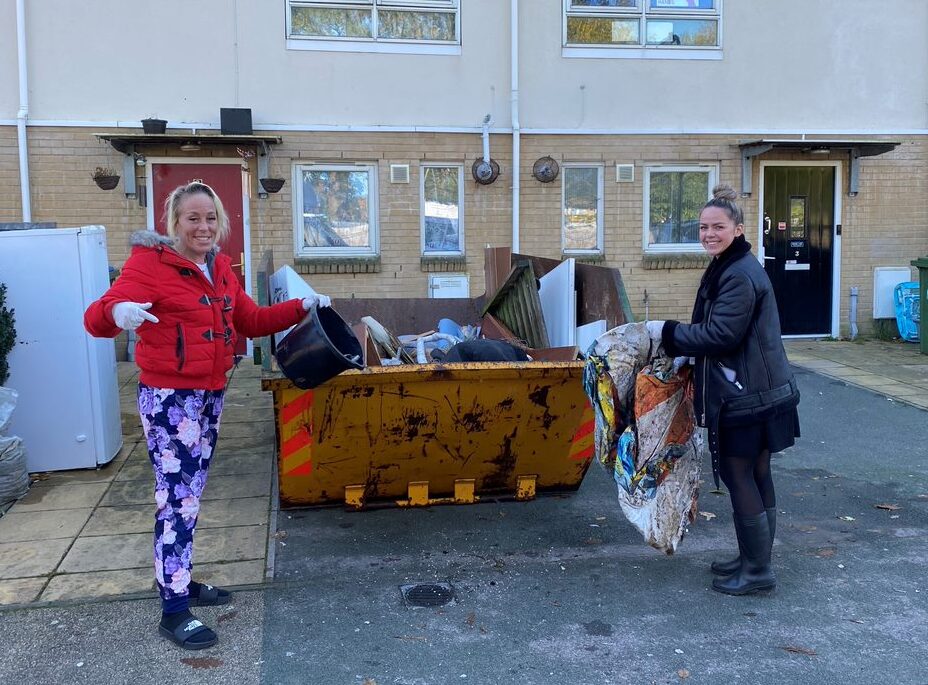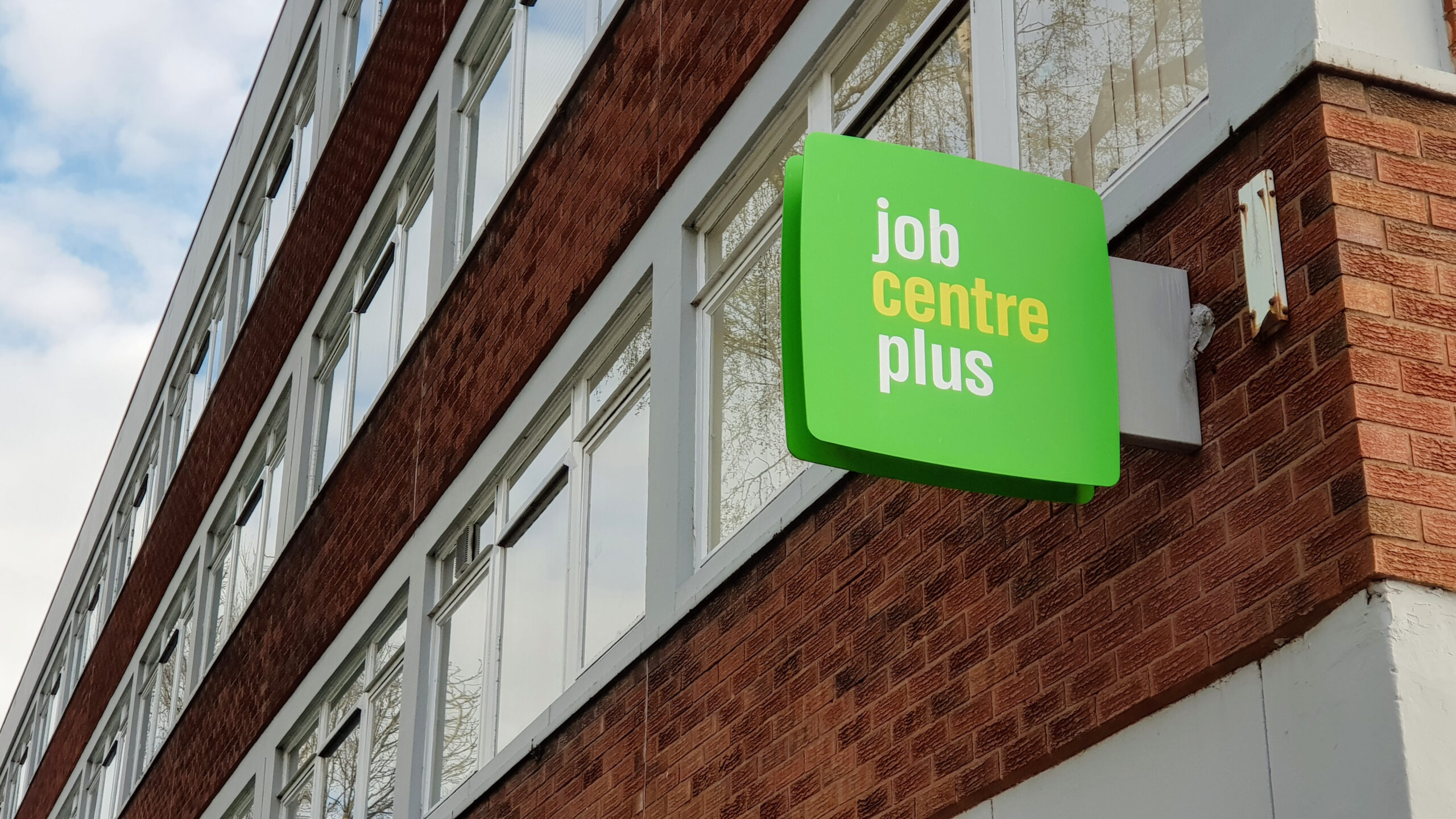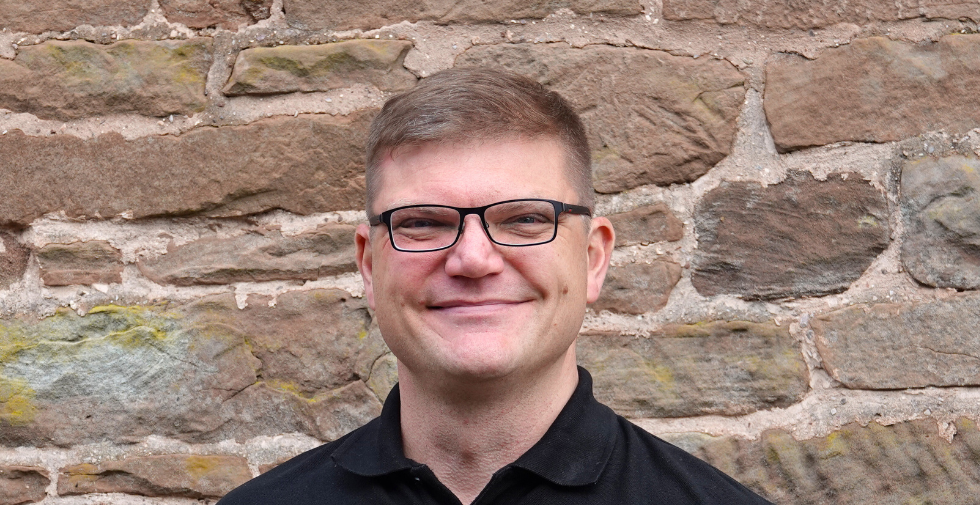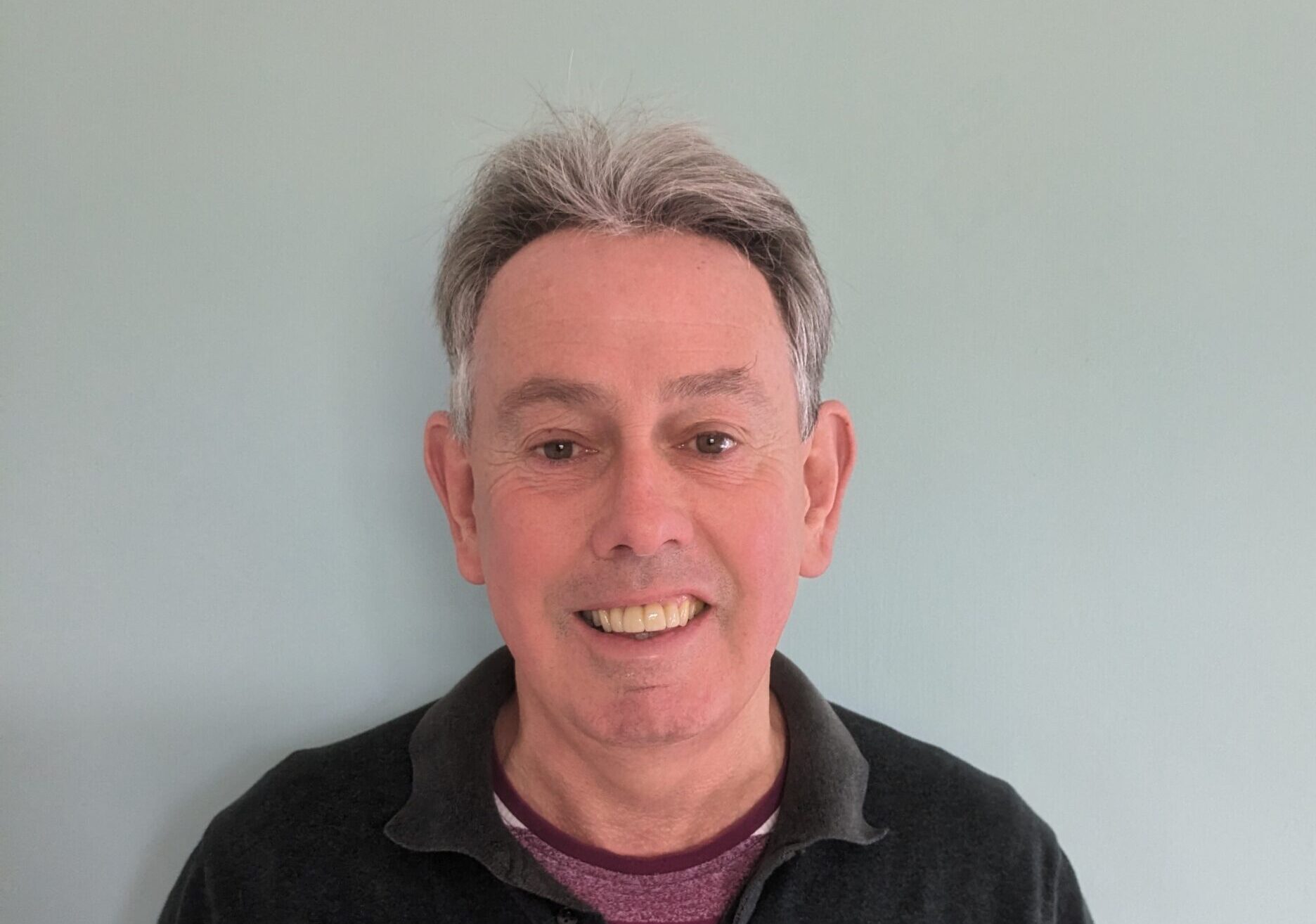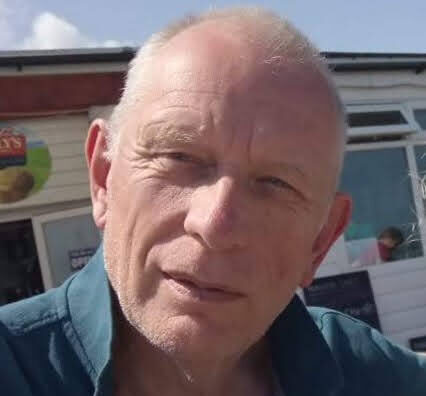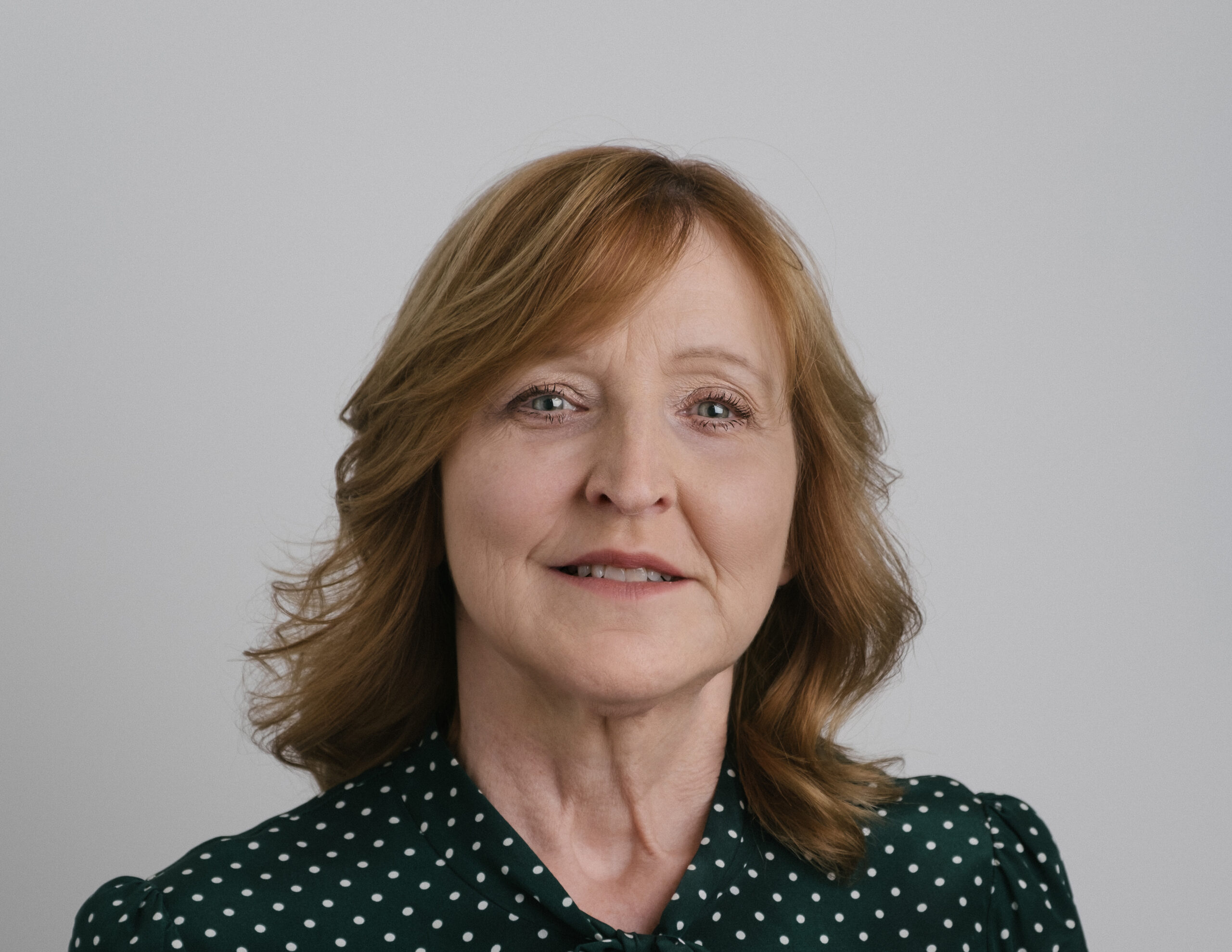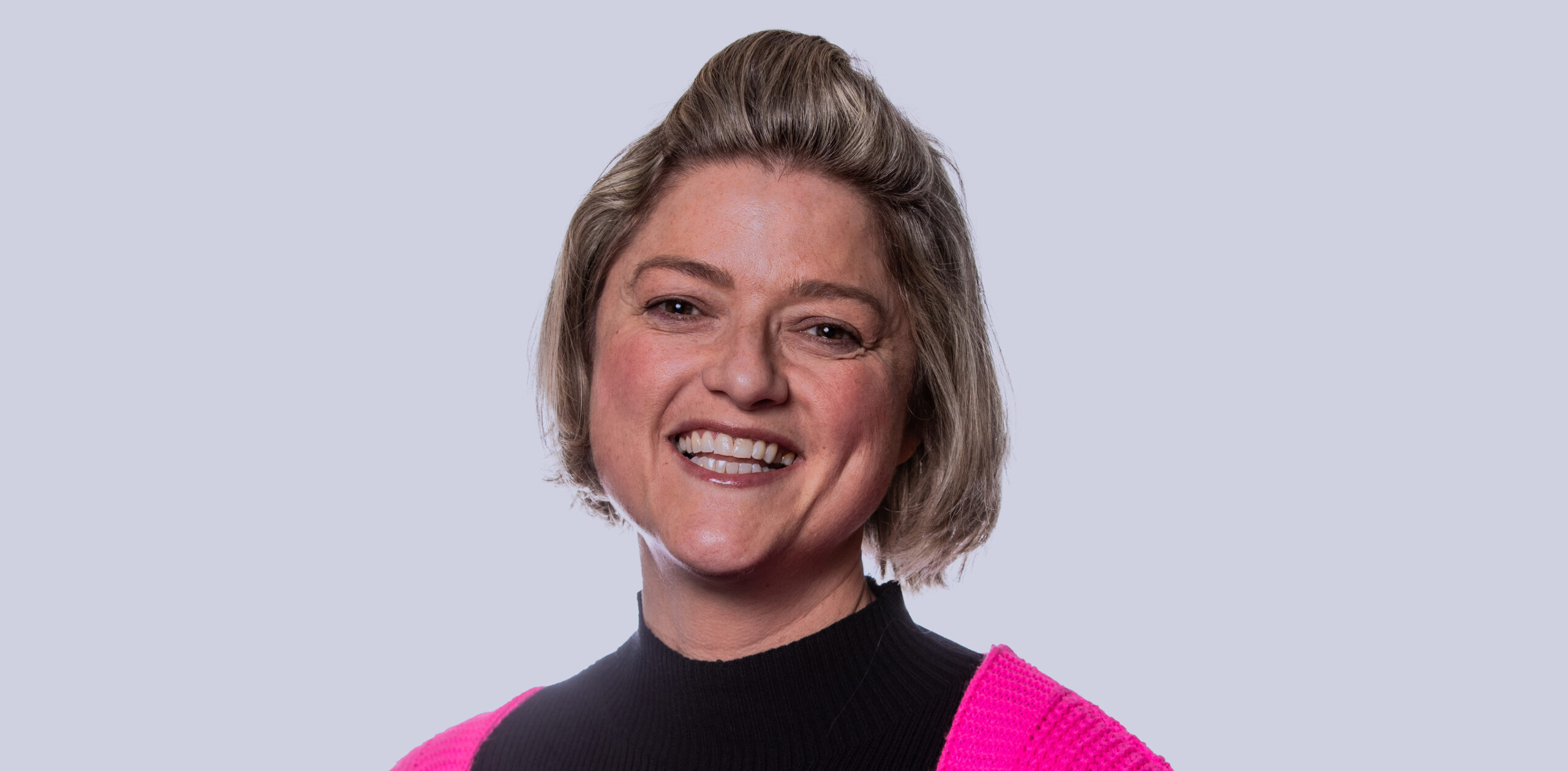Rochdale Boroughwide Housing’s new chief executive is under no illusions about the challenges she faces.

Previously Executive Director for Customer Insight at Livv Housing Group, Amanda Newton has stepped into her first chief executive role to help lead RBH’s recovery after the tragic death of two-year-old Awaab Ishak prompted a national outcry and exposed significant shortcomings in the way the housing association had been managing its 12,000 homes.
As a result, housing secretary Michael Gove announced he was withholding £1 million in funding for new houses from RBH until “it could prove it’s a responsible landlord”.
Awaab’s death, as a direct result of prolonged exposure to mould in his RBH-managed home, has subsequently led to a nationwide investigation into the standard of England’s social housing stock and a new law has been named after Awaab that will come into effect as part of the Social Housing Regulation Bill.
In this exclusive interview, Amanda talks to HQM about her first three months in the role and her determination to ensure residents are proud of their homes and their landlord.
How are you settling in to the new role?
Really well. I’ve been here for just over three months, although I was involved before my official start date as it was vitally important to have a seamless handover with the interim CEO.
There was no time for a lag in knowledge, and I feel energised by the ‘hit the ground running’ approach that you have to adopt when an organisation is in recovery. Rochdale is one of the most welcoming places (if one of the rainiest) I’ve ever worked. I’ve felt welcome since the moment I arrived, and that helps a lot when you take on a challenging leadership role.
“The key operational challenges right now are around simplifying our processes, making better use of technology, improving our data and really understanding the people who live in our homes. That means knowing people on a human level, not as statistics”
This is your first time as a housing association chief executive. What attracted you to the position at RBH?

When the coroner’s report surrounding the death of Awaab Ishak was released it sent shockwaves across the social housing sector, and beyond. It was one of those moments in life where you remember where you were when you first heard it.
The failings that led to Awaab’s death should never have occurred. I go to work every day knowing that I have a responsibility to Awaab’s family, but also to the people of Rochdale more widely, to make sure an avoidable tragedy like this never happens again.
I joined the housing sector mid-way through my career because I wanted to focus on the right things and making a difference.
Like many people who I’m proud to say I’ve worked alongside and those I do now, I wanted to do something meaningful.
This role attracted me for a number of reasons. First and foremost, RBH deserves to recover – and the people of Rochdale, which has some of the most disadvantaged areas in the UK, need it to recover.
I wanted to be part of that and, thankfully, the board felt I could make a difference.
Have you got a vision for the future of the organisation? Are you happy to share it with us?
Yes – it’s really simple. I feel deeply privileged to have the opportunity to lead this organisation and we’ll make the changes we need to.
Our ambition is to make the largest housing provider in Rochdale one that its customers are proud to say is their landlord. To do that we have to make it easy for our colleagues to provide services to our customers. The rest follows.
It’s been a difficult time for RBH. What are the key operational challenges currently?
Housing shouldn’t be a complex business, but sometimes it feels like it is.
So, the key operational challenges right now are around simplifying our processes, making better use of technology, improving our data and really understanding the people who live in our homes. That means knowing people on a human level, not as statistics.
This is all alongside pushing forward with the changes to ensure that we have a meaningful relationship with our customers that’s based on trust, and that they can directly inform our board about the decisions we make.
“We’ve completely refocused our strategy away from development. We’ve been clear that development had overtaken the real purpose of the business which is to provide good-quality homes to the people and families that live in them. The need to invest in RBH’s existing homes is the priority and we’re dealing with the legacy of that now”
Have the financial restrictions put in place by the government hindered the organisation? Are you still under scrutiny from the ombudsman and regulator?
We’ve completely refocused our strategy away from development. We’ve been clear that development had overtaken the real purpose of the business, which is to provide good-quality homes to the people and families that live in them.
The need to invest in RBH’s existing homes is the priority and we’re dealing with the legacy of that now.
Access to government grants for new-build homes isn’t impacting us right now but, of course, in time, we’d like to have this reinstated.
We have ambitions to develop in the future and our partners need us to do that to address the critical shortage of homes. More urgently, we’ve a number of significant regeneration schemes which now need to be expedited as the people living there have been waiting too long for someone to make a decision about the way forward. Imagine living somewhere for the best part of 10 years and not really knowing if your home will be there in the future.
We’ve some fantastic opportunities to regenerate some of our places and bring significant numbers of homes back into use. As with any regeneration project, the complexity is high. We’re having productive and supportive discussions with various partners and agencies as to how that might work to enable us to move forward.
Until RBH can evidence that it’s dealt with the failings of the past, then we’ll understandably be under our regulator’s spotlight. We’ve a productive relationship with the people and organisations overseeing our recovery and we’re making really good progress.
Importantly, we’re fulfilling our promise made to the coroner, with the family of Awaab Ishak present, that we’ll learn from what went wrong and that we’ll share it. We’ve been doing that across the sector and beyond and we won’t stop until there’s nothing left to say.
Tell us about your approach to working with new colleagues – have they responded well to your arrival? How important is your relationship with residents?
There are some incredible people at RBH and across our partners. The response to my arrival has been nothing short of welcoming, with a willingness to work together to do great things. This is probably a question for them though!
One of the things that the RBH team learnt about me very quickly was my absolute focus on customers and that when they contact me, I get back to them every time. It’s all part of reinforcing the cultural expectation that the customer is everything, and everything that we do ultimately has to have a positive impact on them. I’ve spent time with the people who live in our homes and communities and learnt about how what we do feels when it reaches the home.
Experience from working with many businesses across many sectors, including housing, tells me that we often focus on tasks and not people. We’ll sometimes feel it’s a job well done when we’ve done our part, and the rest of the process is for someone else. What I’m driving at here is an end-to-end ownership of the customer experience – it’ll take time but all I ask people to consider is, If it were you, what would you want to feel?
How’s RBH preparing for the new regulatory regime? What are the initial results of the TSM surveys telling you?

Refocusing your business very quickly and being under many spotlights really makes you take a step back and focus on what you’re for as an organisation. Of course, the new regulatory standards are an important framework that should hold us to account for what we do and how we do it, but that’s not the reason to be a great housing provider.
The reason has to be that it’s the right thing for customers to be heard, to feel listened to and to see what they’re telling us materially influences how we deliver services.
We’re well on with preparing for consumer regulation and we’re a little different as we’re a mutual society that’s owned by its customers and colleagues. So, the voice of our mutuality through our representative body, coupled with the voice of our wider customer base captured through our engagement programmes is vital to shaping what we do and how it feels to the people receiving it.
STOP PRESS
At the time of going to press, Rochdale Boroughwide Housing was back in the news as national and regional media reported that some tenants were continuing to live in homes badly affected by damp and mould – a situation the Department for Levelling Up, Housing and Communities said was “appalling”.
Responding to the reports, Amanda Newton said: “We are truly sorry to hear that some of our customers are experiencing issues with their homes. Our top priority is the health and wellbeing of our customers and we are working hard to carry out the repairs required.
“Our Damp and Mould Taskforce has been in place since December 2022 and we’re working hard to identify and resolve issues around damp, mould and condensation at the earliest opportunity. So far, we’ve committed to investing £45 million in people’s homes over the next five years and we will keep this under review.
“I must reassure all customers that any feedback from them is taken seriously and we absolutely do care about the experience they have with RBH. We have a comprehensive training programme in place for our contact centre to ensure that we handle all calls from customers in the right manner and provide callers with the support that they need. We record all our calls, and if any customers feel that we have not handled their call appropriately, we encourage them to get in touch with us so that we can listen to the call and investigate their concerns.
“Over the past year colleagues from across the organisation have undertaken customer service training to ensure that we are in the best place possible to support the people and families living in our homes.
“We encourage all of our customers to contact us immediately about any concerns they have with damp and mould or other issues in their homes so we can investigate and resolve them as quickly as possible. I also encourage any customer not receiving the service they need to make a formal complaint – this can be done by phone, by email or in writing. Customers who still feel this is not working for them can contact me directly or any one of the Executive Team. We are here to listen and help.”
